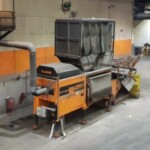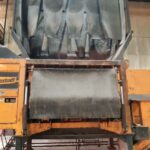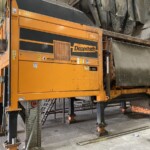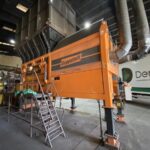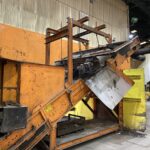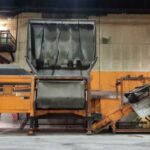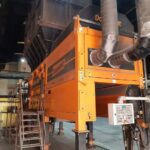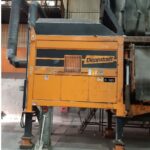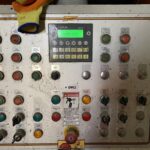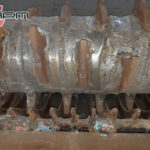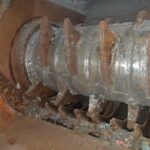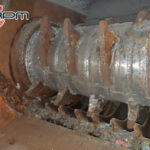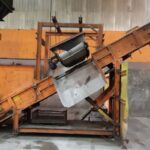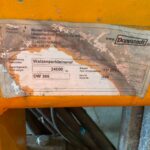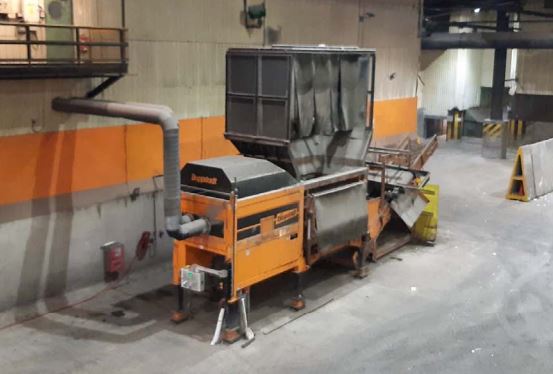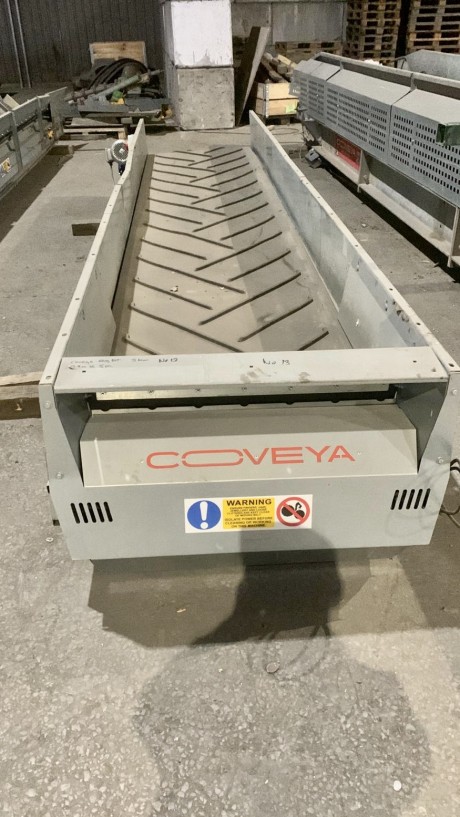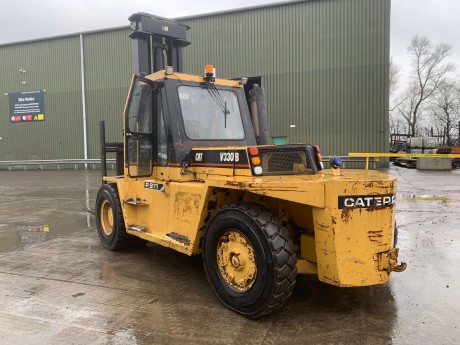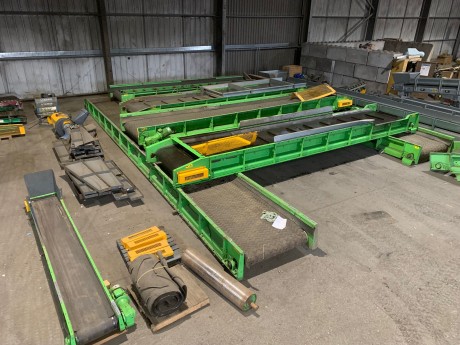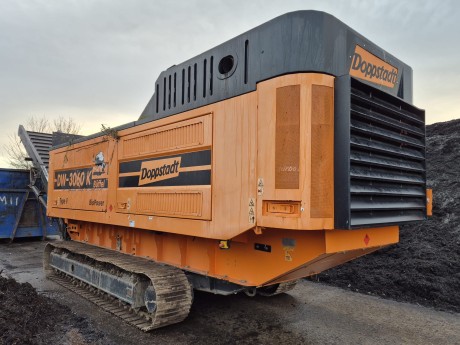USED MACHINERY - Information
Email: sales@thinkrpm.co.uk Tel: 01792 702173
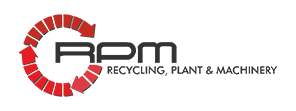
| RPM Reference: | RPM2013 |
| Manufacturer: | Doppstadt |
| Type: | Static Shredder |
| Model: | Ceron DW306 |
| Year: | 2013 |
| Hours: | 12885 |
| Condition: | Excellent |
| Price: | £68,500.00 |
| Location: | Rotherham |
Description
Discharge Conveyor and Overband Magnet also available – £15,000.00
POPS Waste Regulations
This machine offers compliant solutions to safely process bulky and POPs-contaminated materials. These integrated plants are engineered to effectively separate, shred, and prepare a challenging waste stream for approved disposal routes, including high-temperature incineration, while enabling valuable metal recovery.
What is POPs?
POPs stands for Persistent Organic Pollutants, a group of toxic chemical substances that remain in the environment for long periods. These pollutants do not break down naturally and can spread through air, water and wildlife. They also accumulate in living organisms, increasing the risk of exposure. Common examples include brominated flame retardants used in furniture, polychlorinated biphenyls found in older electrical equipment and PFOS used in some textiles and foams. Due to their lasting impact and toxicity, POPs are considered a serious threat to both human health and the environment.
Why Does POPs Waste Matter?
POPs waste must be treated with care. If it is not processed correctly, harmful chemicals can be released into the environment and continue causing damage for decades. These substances have been linked to serious health issues including cancer and hormone disruption. Products like sofas, chairs, mattresses and electrical goods may contain POPs and cannot be disposed of with general waste. Landfilling or burning this material is no longer acceptable. To handle this waste stream safely and responsibly, specialist systems are needed.
- Slow Speed Shredder
- Rotor Length 3,000mm
- Diameter 600/800mm
- Teeth 42
- Motor Brushes Just Serviced
- Hydraulic Combs
- Discharge Conveyor
- Overband Magnet
- Weight 34,000kg
- Dimensions Length 7,700mm Width 3,068mm Height 4,190mm
- Motor DC- Motor – TT Electric Power 380kW
- Full Service History
At a time when both economic and ecological sustainability are increasingly coming to the fore, it is important to be able to meet these requirements. We are pleased to make an important contribution to the transformation of the waste management industry with our expertise in the processing and conversion of waste into valuable substitute fuels. To this end, we develop customized solutions that turn the inhomogeneity of waste streams into a valuable new product for the circular economy.
The growing importance of economic and ecological sustainability affects all companies in Germany. Companies from the raw materials industry are particularly in demand: their efficient and responsible use of waste as a resource is crucial to achieving greater sustainability along the various value chains. The way to achieve this is through the production of refuse-derived fuels (RDF) or secondary fuels. The biggest challenge in RDF production? The inhomogeneity of the waste streams to be treated and the different requirements for the fuel to be produced.
Step-By-Step extraction of substitute fuels from waste
Whether household, industrial or commercial waste: Waste of all these types and different consistencies can be specifically processed as RDF at different processing depths. Which processing depth is used depends on the area of application or intended use of the fuel and the different quality requirements of the thermal process. The basic processing steps for high-calorific fractions from commercial waste and household waste include: pre-sorting, coarse shredding, screening, sifting and ferrous and non-ferrous metal separation.
Objective quality testing and use an energy source
The product quality of substitute fuels can be objectively tested and confirmed using various parameters. In addition to the emission-relevant parameters, the calorific value, chlorine content and ash content are decisive for the classification. Their areas of application show just how valuable substitute fuels are for a well-functioning energy industry. Together with conventional fuels, refuse-derived fuels as so-called co-combustors ensure greater efficiency, especially in cement, lime, lignite and, for the most part, industrial power plants. Substitute fuels also make an important contribution to conserving natural resources in waste incineration plants or as the sole fuel in special power plants.
Materials Handled
- C&D Waste
- C&I Waste
- Green Waste Compost
- Plastics
- RDF/SRF
- Wood
Industry Sectors
- Green Waste Processing
- Recycling Plants
- Remediation
- Waste Management
- Waste to Energy
- Wood Waste Processing

